
A recent revelation by acclaimed filmmaker Ron Howard has cast a nuanced light on the evolving relationship between the world of cinema and the high-stakes arena of American politics. Howard, known for directing the 2020 film adaptation of J.D. Vance’s memoir, “Hillbilly Elegy,” recently disclosed a brief text message he sent to Vice President JD Vance following the 2024 presidential election. This seemingly simple communication, conveyed as “Godspeed. Try to serve us well,” encapsulates a deeper narrative of surprise and re-evaluation for the veteran director concerning the political transformation of the man whose life story he brought to the screen.
The genesis of this connection lies in Howard’s cinematic endeavor to adapt Vance’s popular 2016 memoir, “Hillbilly Elegy: A Memoir of a Family and Culture in Crisis.” Howard approached the project with a specific artistic vision, aiming to explore the deep-seated cultural and familial dynamics of Vance’s upbringing in a working-class Appalachian family. The director emphasized that his interest was primarily in the “upbringing and that survival tale,” aspiring to create a relatable family drama rather than a commentary on contemporary American politics.
Vance’s memoir chronicled his journey from growing up “dirt poor” between the Rust Belt city of Middletown, Ohio, and Jackson, Kentucky, to eventually graduating from Yale Law School. This narrative, infused with themes of Appalachian values, socioeconomic challenges, addiction, and intricate family dynamics, propelled Vance to national fame. Howard, then, sought to capture these deeply personal and culturally resonant aspects, asserting that there were “aspects of ‘Hillbilly Elegy’ that were personal,” and that he “wanted to do something about the heartland that wasn’t a bank-robbing story or about farming.”
To bring this compelling narrative to the screen, Howard assembled a distinguished cast. The film featured Glenn Close as Vance’s grandmother, Mamaw, a performance that earned her an Oscar nomination for Best Supporting Actress. Amy Adams portrayed Vance’s mother, while Gabriel Basso took on the role of an adult J.D. Vance, with Owen Asztalos depicting his younger self, collectively aiming to embody the complex human struggles detailed in the memoir.
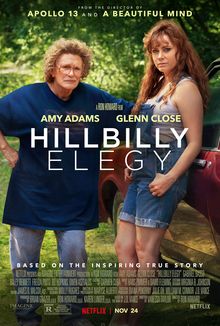
Upon its release on Netflix in November 2020, “Hillbilly Elegy” faced a challenging reception from film critics. Despite its high-profile cast and source material, the movie garnered predominantly negative reviews. Critics offered blunt assessments, with The Atlantic describing it as “one of the worst movies of the year.” The A.V. Club characterized the film as “bootstrapping poverty porn” that “reinforces the stereotypes it insists it’s illuminating,” and The Post film critic Johnny Oleksinski deemed it “exploitative” and “just a vehicle for awards-hungry actors to showboat.”
Ron Howard has since acknowledged that this strong critical backlash personally affected Vance. The director confirmed that Vance “was frustrated by that” negative reception to the film. Howard elaborated, stating that Vance “loved Glenn Close’s performance and Amy Adams’s performance and liked the film,” but “felt that, just as reviews had kind of turned on the book, his involvement was in some way tainting or coloring the critical response, and he resented it.
In the years following the film’s release, its legacy has become inextricably linked with Vance’s unexpected and rapid political ascent. Vance, who was a venture capitalist during the time of the film’s production, successfully ran for Senate as a Republican and was elected in 2022. His trajectory reached a new pinnacle in July when he was tapped to serve as Donald Trump’s vice presidential nominee for the upcoming November election, profoundly shifting his public persona.
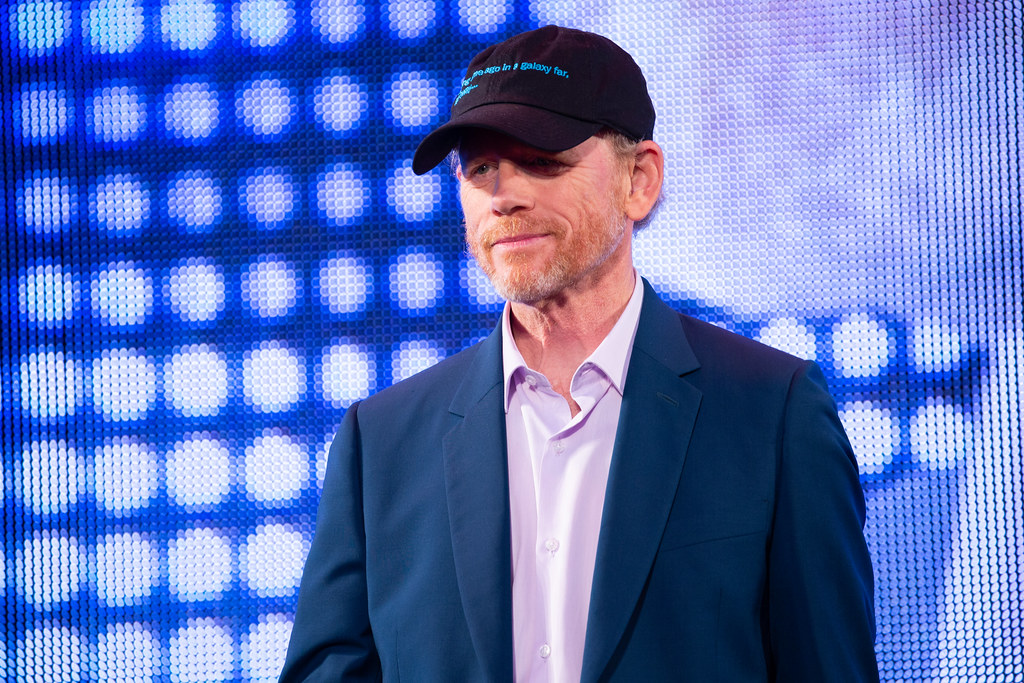
Howard, now 70 years old, has openly expressed his surprise and disappointment regarding Vance’s political evolution. Speaking at the Toronto International Film Festival, Howard candidly remarked, “It remains a bit of a surprise to me,” adding with emphasis, “I would not have seen it coming.” He further conveyed his concern, stating he “wouldn’t have expected his rhetoric to be as divisive as it sometimes is,” though he also noted he is not closely following Vance’s every word.
Crucially, Howard clarified that political discussions were not a focal point during the time he spent with Vance while making and promoting the film. The director reiterated, “We didn’t talk a lot of politics when we were making the movie because I was interested in his upbringing and that survival tale,” which remained the central theme of their collaboration. At that point, Vance, then 40 years old, “was not involved in politics or claimed to be particularly interested,” a stark contrast to his current public role.
Given Vance’s current political position, Ron Howard has articulated a clear stance regarding the upcoming election. The Oscar-winning director has unequivocally declared, “There’s no version of me voting for Donald Trump to be president again, whoever the vice president was.” This firm declaration underscores the significant shift in Howard’s perception of the political landscape, particularly as it relates to figures he has known personally.
Beyond his personal voting intentions, Howard has also issued a broader appeal for informed civic participation. He stressed the importance for all citizens to “get out and vote, for whomever,” emphasizing the need for thoughtful and responsible decisions. The director urged the electorate to “listen to what the candidates are saying today, that’s what’s really relevant, it’s who they are today,” advocating for a focus on contemporary rhetoric rather than past associations.
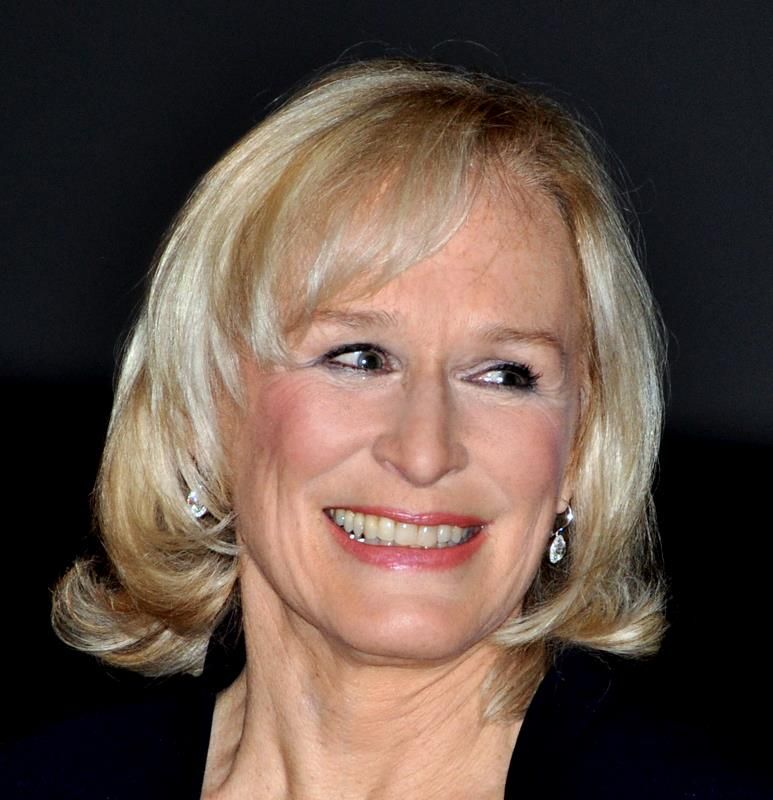
Adding another layer to this unfolding narrative, Glenn Close, who powerfully embodied Vance’s Mamaw in the film, has also shared her nuanced perspective. While recalling Vance’s visits to the film set with a degree of nostalgia, Close has publicly criticized what she perceives as his political inconsistencies. She articulated her hope that “people in our government have a moral backbone and that they don’t say one thing and then say something that’s 150 degrees different.”
Close’s comments also subtly referenced Vance’s controversial remarks about “childless cat ladies,” which resurfaced after his selection as Trump’s running mate. In a 2021 interview, Vance asserted that the country is “effectively run in this country via the Democrats, via our corporate oligarchs, by a bunch of childless cat ladies who are miserable at their own lives and the choices that they’ve made and so they want to make the rest of the country miserable, too.” He also contended that “the entire future of the Democrats is controlled by people without children,” although he has since stated that the comment was taken out of context.
It is pertinent to note Vance’s own acknowledged evolution in his views regarding Donald Trump. While Howard had observed in 2022 that Vance “didn’t like him at all, as he tweeted,” from their earlier interactions, Vance himself has publicly stated that he was “certainly skeptical of Donald Trump in 2016.” However, he later affirmed that Trump “was a great president,” indicating a significant and publicly declared shift in his political alignment and admiration.
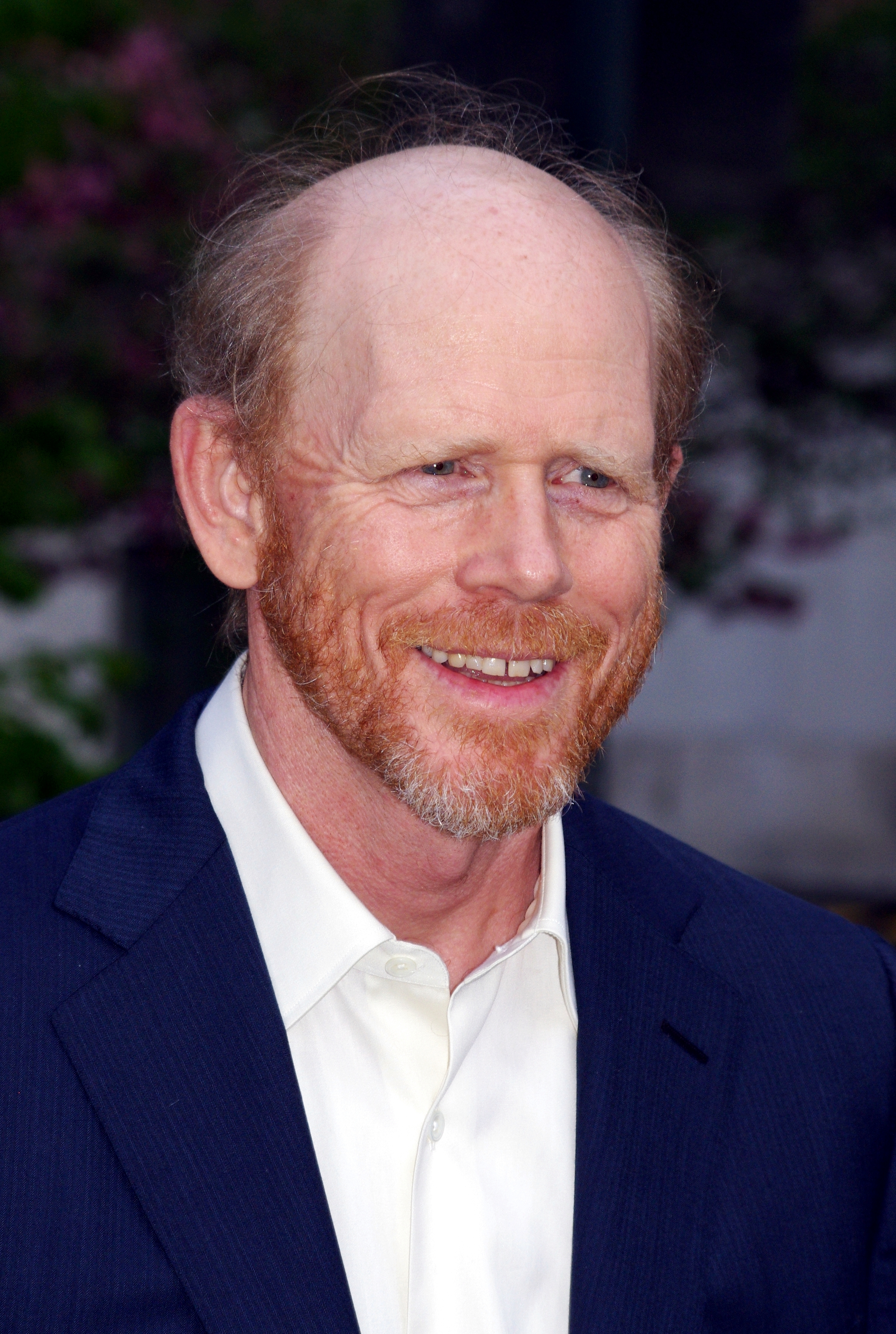
Ron Howard continues to regard the legacy of his “Hillbilly Elegy” adaptation as complex and, in his own words, a “mixed bag.” When prompted about its enduring impact, he stated, “I don’t think about it,” but acknowledged that it is “probably quite culturally divided.” Interestingly, despite the pervasive negative critical reviews, Howard pointed out that “the audience-reaction rating was pretty good,” suggesting a divergence between professional critiques and public sentiment for the film.
Howard’s prior political commentary also provides context to his current stance on Vance. In a 2020 social media post, the director had described Donald Trump as a “self-serving, dishonest, morally bankrupt ego maniac who doesn’t care about anything or anyone but his Fame & bank account & is hustling the US.” This long-held critical view of Trump reinforces the foundation of his current decision not to support a ticket featuring the former president, regardless of the vice-presidential nominee.
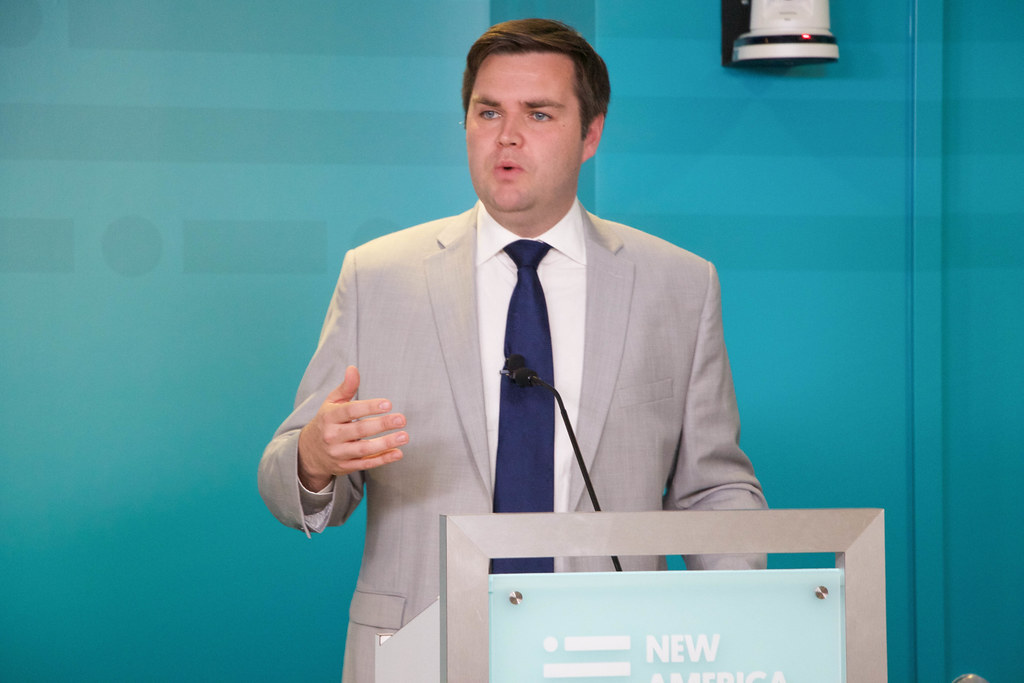
The intersection of Ron Howard’s directorial vision and J.D. Vance’s unexpected political trajectory offers a compelling case study in the dynamic interplay between personal narratives, creative expression, and the ever-shifting landscape of American democracy. Howard’s candid reflections highlight the surprises that can emerge when individuals transition from one sphere of public life to another, underscoring the vital importance of continuous observation and engaged citizenship in a rapidly evolving political climate.
This unfolding narrative, marked by an acclaimed director’s personal observations and a politician’s swift ascent, serves as a powerful reminder of the unforeseen paths individuals can take. It emphasizes the critical need for voters to remain attentive to present-day rhetoric and actions, fostering informed decisions that shape the collective future. The cinematic exploration of a life story has thus become deeply intertwined with the ongoing political discourse, reflecting the complex tapestry of American public life.



